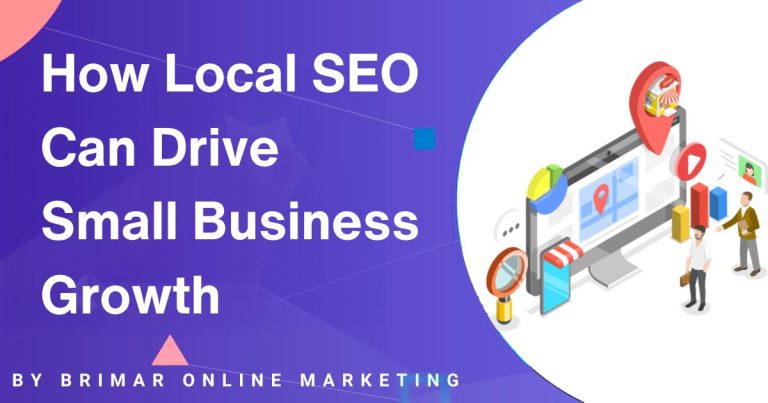Local businesses often face the challenge of competing with larger companies that have bigger marketing budgets. However, thanks to local search engine optimization (SEO), small businesses can level the playing field and attract customers in their area. Whether you run a coffee shop, plumbing service, or boutique agency, optimizing your online presence can make the difference between being invisible and being the go-to choice in your community. For expert insights on building a strong digital presence, check out Cape Cod Web Design.
Why Local SEO Matters
Imagine you own a bakery in Cape Cod. When someone types “best bakery near me” into Google, you want your shop to appear in those top results. That visibility doesn’t happen by accident—it’s the result of local SEO.
Some key benefits of local SEO include:
More relevant traffic – You attract people who are close to your location and ready to buy.
Improved brand trust – High rankings in Google Maps and local search listings build credibility.
Better ROI – Compared to broad national campaigns, local SEO delivers highly targeted leads.
Key Elements of Local SEO
1. Optimize Your Google Business Profile
Google Business Profile (formerly Google My Business) is critical for local search. Make sure you:
Claim and verify your profile.
Add accurate business information, including hours, phone number, and website.
Upload high-quality photos of your business.
Collect customer reviews and respond to them.
2. Focus on Local Keywords
Instead of just targeting “web design,” use specific phrases like Cape Cod SEO or “web design services in Cape Cod.” These terms match what local customers are typing into search engines and increase your chances of ranking higher.
3. Build Quality Backlinks
Backlinks from trusted websites remain one of the strongest ranking signals. Local businesses should seek:
Listings in local business directories.
Mentions from local bloggers, newspapers, or chambers of commerce.
Partnerships with nearby businesses.
4. Create Location-Specific Content
Blog posts and landing pages that highlight your region can drive more traffic. Ideas include:
“Best Restaurants in Cape Cod” (if you’re in hospitality).
“Tips for Choosing a Cape Cod Wedding Photographer.”
Case studies featuring local customers.
5. Make Your Website Mobile-Friendly
Since many local searches happen on smartphones, your website must load quickly and look great on all devices. A slow or clunky website can cost you valuable leads.
Practical Tips for Local Business Owners
Here are some actionable steps you can start applying today:
Use consistent NAP (Name, Address, Phone) across all online platforms.
Encourage reviews by politely asking happy customers to share feedback.
Leverage social media to highlight your community involvement.
Embed a Google Map on your contact page.
Track results using tools like Google Analytics and Google Search Console.
Common Mistakes to Avoid
Even with the best intentions, businesses sometimes make local SEO mistakes. Watch out for these pitfalls:
Using broad keywords that don’t match your market.
Ignoring online reviews (both good and bad).
Having outdated or inconsistent business information online.
Failing to update your website regularly.
The Future of Local SEO
Local SEO continues to evolve as search engines get smarter. Voice search, for example, is on the rise. People now say, “Hey Google, find a plumber near me,” instead of typing it. Businesses that optimize for natural, conversational queries will have an advantage.
Another trend is personalization. Google increasingly tailors results based on search history, location, and preferences. This means small businesses must focus on building authentic connections with their local audience rather than chasing generic strategies.
Conclusion
Local SEO is not just about ranking higher—it’s about being found by the right people at the right time. Whether you’re running a shop in downtown Cape Cod or providing professional services, investing in local SEO ensures your business is visible, trustworthy, and competitive.
By optimizing your Google Business Profile, focusing on local keywords, earning backlinks, and creating location-focused content, you can attract more customers in your area and grow steadily. To dive deeper into effective strategies for local growth, visit midcapewebdesign.com.

